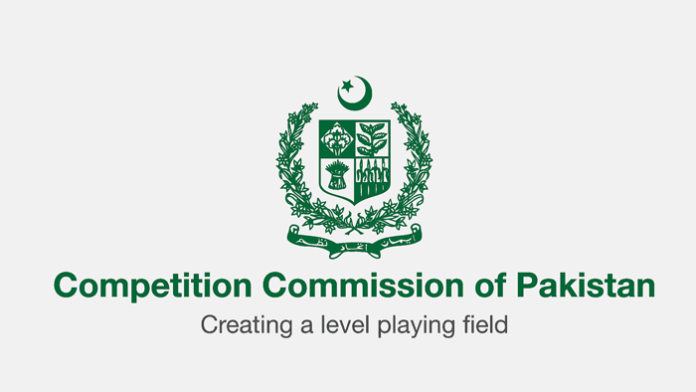The Competition Commission of Pakistan (CCP) has levied a hefty penalty of Rs. 170 million on two leading frozen dessert manufacturers for misleading marketing practices, including falsely advertising their products as “ice cream.”
The companies penalized include Unilever Pakistan, which markets the “Walls” brand, and Friesland Campina Engro, known for its “Omore” brand. Both companies were fined Rs. 75 million each for deceptive advertising practices.
One might think that both these companies, are arguably the largest market share holders of ice-cream with their brands “o’more” and “Walls”. However, that is where the confusion is.
According to the standards set by Pakistan Standards and Quality Control Authority (PSQCA), “ice cream” is a product made from dairy ingredients like milk and cream. Meanwhile “frozen desserts” are made with a combination of dairy products and vegetable oils. Both the brands due to their commercial manufacturing status are made with the ingredients of frozen dessert category hence marketing them as ice-cream is a violation.
The CCP’s action stems from a complaint filed by M/s Pakistan Fruit Juice Company (Private) Limited, the makers of “Hico” ice cream, which alleged that the two companies had misrepresented their frozen desserts as ice cream through extensive advertising campaigns on television and social media. The complaint highlighted that such marketing misled consumers, distorting the understanding of what constitutes true ice cream.
Following a formal inquiry, the CCP issued show-cause notices to the two companies. In its investigation, the Commission referred to standards outlined by the PSQCA. The distinctions were emphasised in the ruling to clarify that the products marketed as “ice cream” by the defendants did not meet the necessary criteria under the regulations.
In addition to the penalties for misleading product labelling, the CCP also imposed a Rs. 20 million fine on Unilever Pakistan for making false claims in its advertisements, specifically marketing its frozen desserts as healthier than dairy-based ice cream. This practice, which was found to violate Section 10(2)(c) of the Competition Act, resulted in the imposition of the additional fine.
The CCP’s decision also referenced international legal precedents, including actions taken by food regulatory bodies in the USA, Australia, and India, where similar misbranding cases have resulted in penalties for falsely marketing frozen desserts as “ice cream.” The United States Food and Drug Administration (FDA) had previously penalised companies for misleading marketing related to frozen dessert products.
In its ruling, the CCP directed both companies to immediately cease referring to their frozen desserts as “ice cream” in their advertising campaigns. The companies were instructed to remove misleading advertisements from all platforms, including digital channels, and to make clear disclosures about their product contents to prevent further consumer confusion. A compliance report detailing these actions must be submitted to the CCP within 30 days of the order.
The CCP emphasised that its role is to protect consumers and ensure fair competition in the marketplace, taking a strong stance against deceptive practices.























